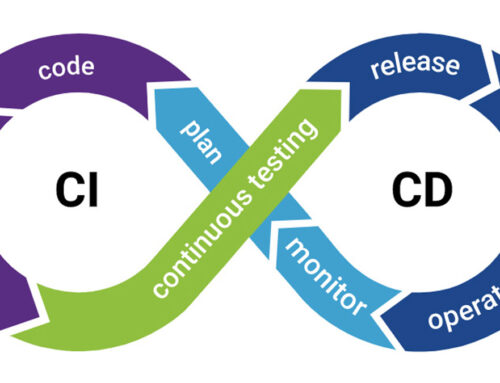As Docker streamlines workload migration between environments, the need for management and scaling solutions becomes apparent. Kubernetes, a container orchestration platform, ensures that containers run reliably across various computing environments, providing consistency from development to production. Many organizations have discovered Kubernetes to be an effective solution for workload portability across diverse cloud infrastructures.
Notable Kubernetes Implementations in Organizations
1. Pokémon GO
Pokémon GO is an augmented reality app by Niantic, Inc., that integrates real-world locations with gaming. The app boasts over 500 million downloads and more than 20 million daily active users. The app’s unique feature is its tracking and mapping technology, which creates an augmented reality for players to catch Pokémon in real-life locations.
Niantic initially underestimated the app’s rapid growth, leading to challenges like scaling, server crashes, and suboptimal performance. To address these issues, Pokémon GO was deployed on Google Container Engine (GKE), powered by Kubernetes. This allowed Niantic to manage their container clusters effectively, focus on live updates, and continuously evolve the game in real-time on Google Cloud. Consequently, the team could concentrate on developing new features without worrying about scaling issues.
2. Feltus Lab, Clemson University
The Feltus Lab at Clemson University uses machine learning algorithms and computational techniques to make scientific discoveries in human and plant systems. To analyze terabytes and petabytes of biological data, the lab requires massive computational power typically available through commercial clouds.
Kubernetes enabled the lab to save on cloud budgets while promoting large-scale computing. The researchers deployed Kubernetes clusters in open environments to test and scale their workflows before running them in multiple commercial clouds. This approach saved resources and allowed them to focus on scientific experiments without worrying about resource management.
3. Goldman Sachs
Goldman Sachs initiated a significant container migration project in 2015, involving over 5,000 applications accounting for 90% of the company’s computational power. The project struggled due to its scope, prompting Goldman to revise its plans and focus on container orchestration platforms like Docker Swarm and Kubernetes.
Kubernetes allowed Goldman to access numerous virtual servers on-demand for their funding database. Without Kubernetes, the migration would have taken much longer and negatively impacted bank accounts. Goldman now utilizes Swarm for smaller deployments and Kubernetes for large-scale deployments, solidifying its reputation as a technology-driven company.
4. Pinterest
Pinterest, with 250 million monthly active users and over 10 billion daily recommendations, relies on robust infrastructure and services that scale continuously. The company began using AWS cloud in 2010 but recognized the need for container orchestration like Kubernetes to manage their rapid growth.
In 2016, Pinterest launched a staged migration strategy towards container orchestration. They first migrated to Docker and then implemented Kubernetes for decentralized container management. Kubernetes enabled auto-scaling, simplified deployment, and improved efficiency, restoring 80% of capacity and reducing resource consumption by 30%.
5. eBay
eBay processes billions of queries and vast amounts of data daily. To ensure a smooth user experience, they needed an adaptable environment that fosters innovation. In 2018, eBay embarked on a three-year plan called “re-platforming” to replace OpenStack with Kubernetes for 90% of their cloud infrastructure.
Kubernetes allowed eBay to run at scale with cluster configurations comprising hundreds of microservices on various nodes. The primary goal was to enhance user experience and empower engineers to self-manage code deployment as projects scaled up. Additionally, eBay planned to implement a decentralized strategy for data centers.
These inspiring case studies demonstrate the power and flexibility of Kubernetes in addressing diverse organizational needs. As more companies embrace container orchestration, Kubernetes is proving to be an invaluable tool for streamlining deployment, scaling, and management of complex












